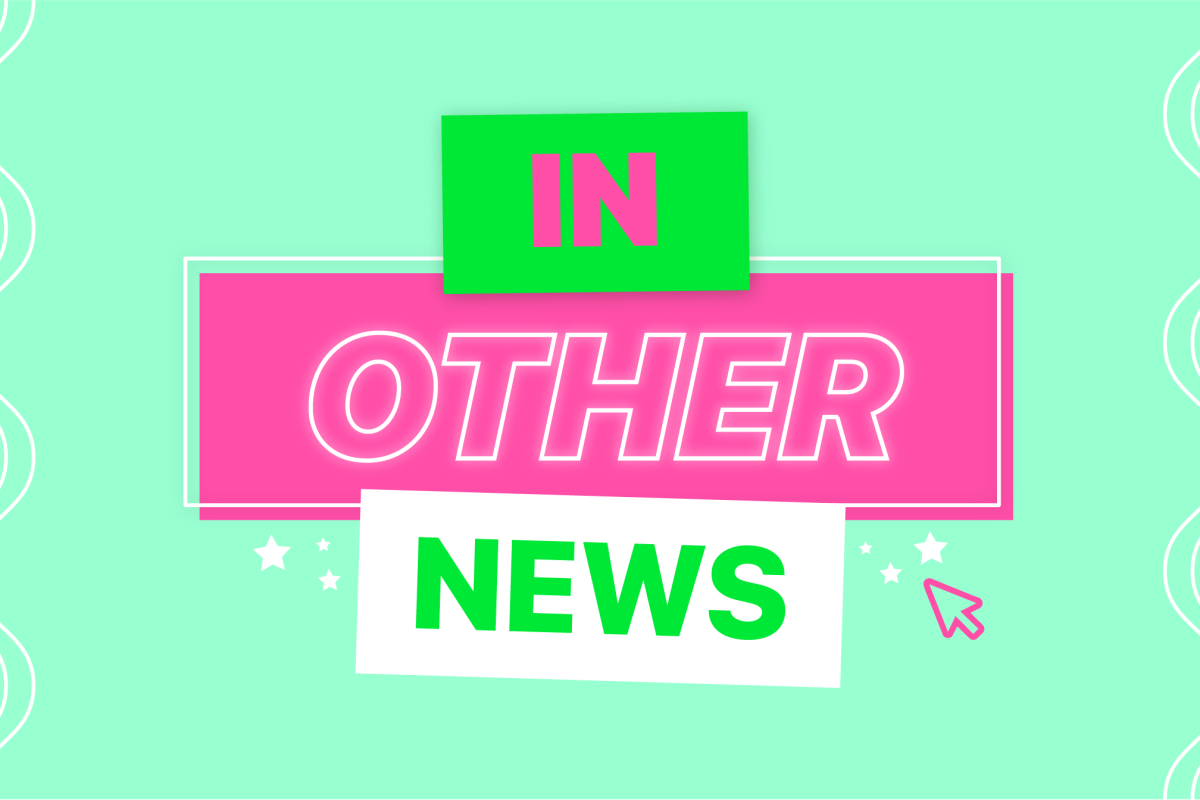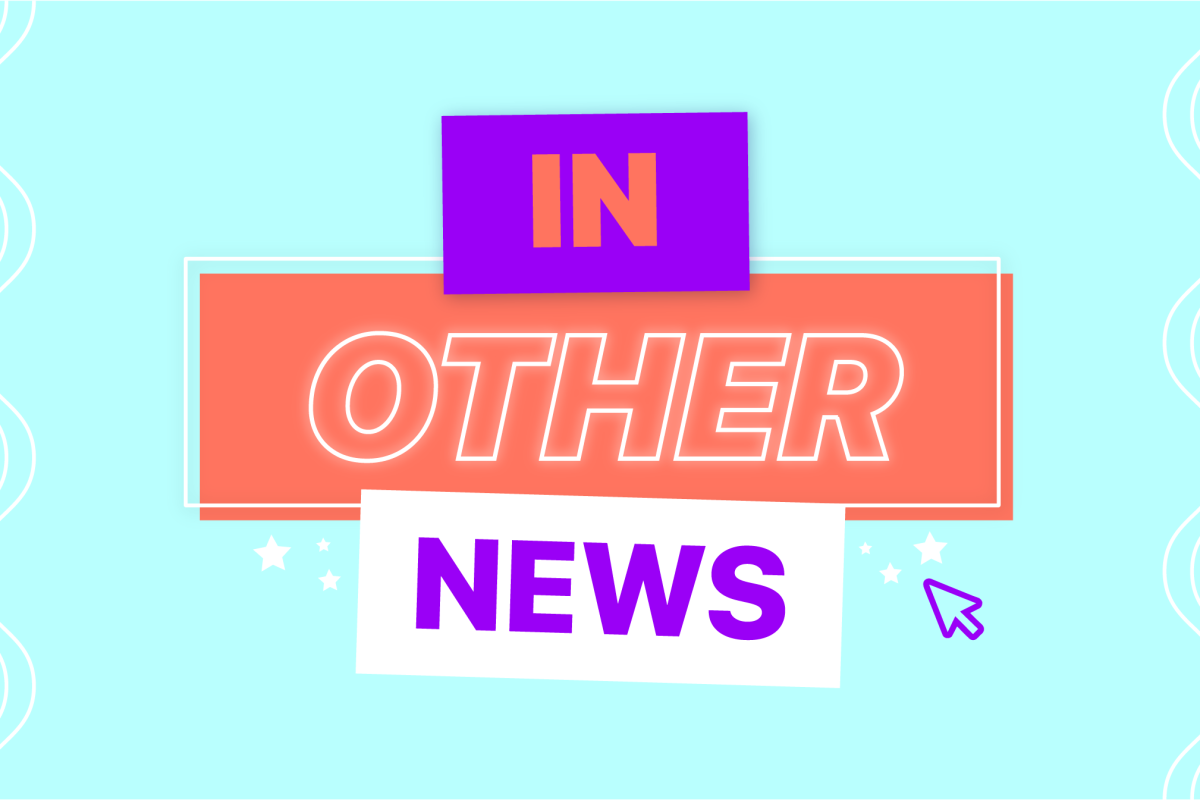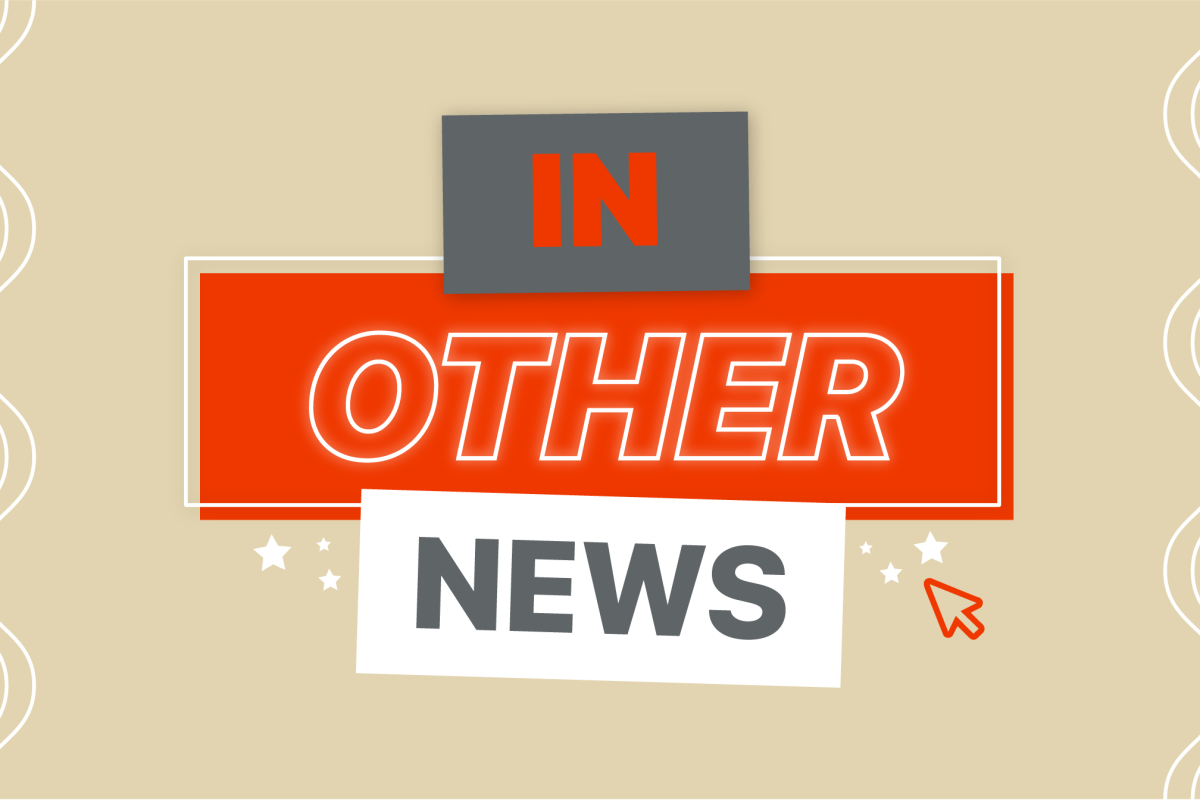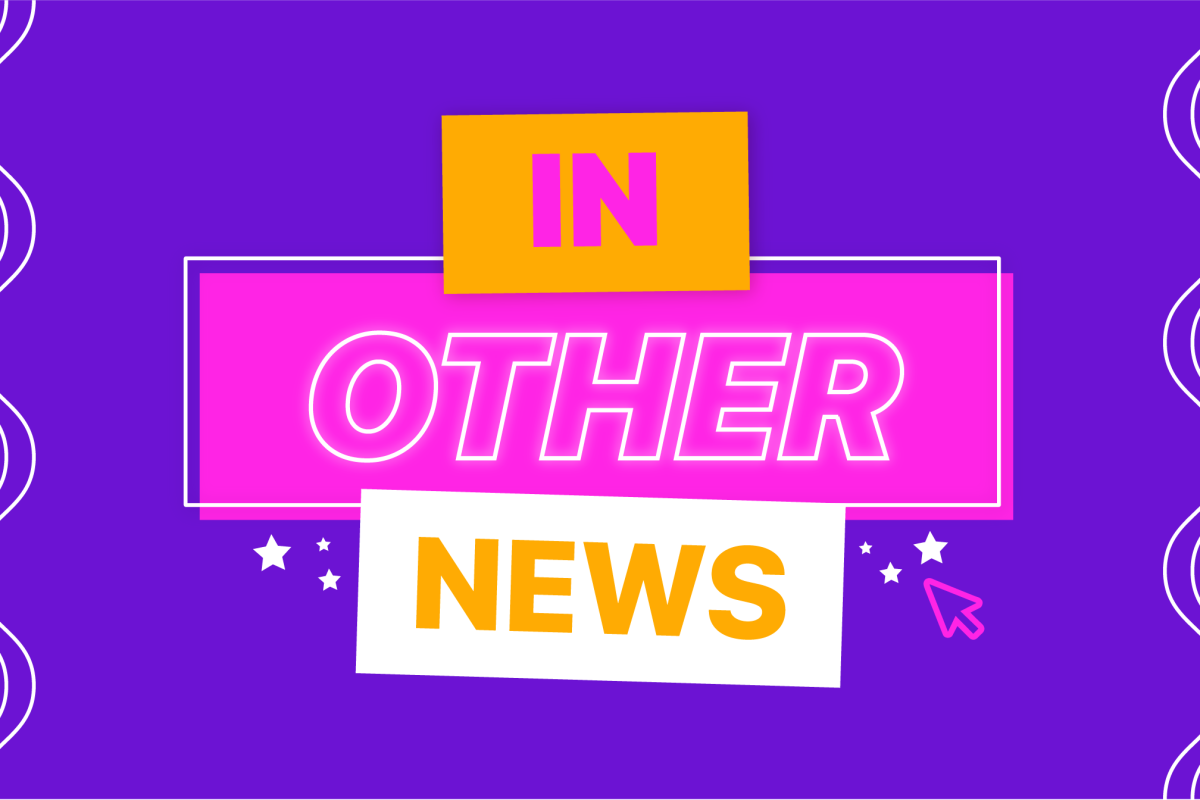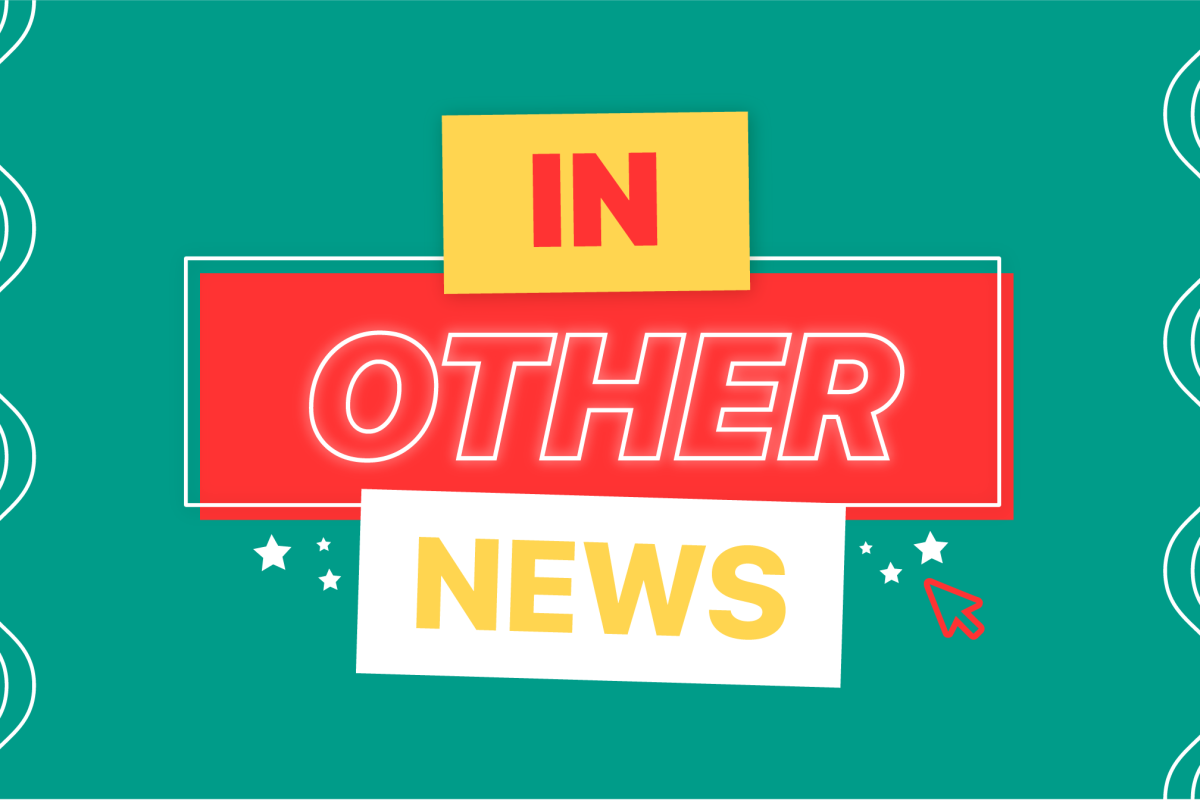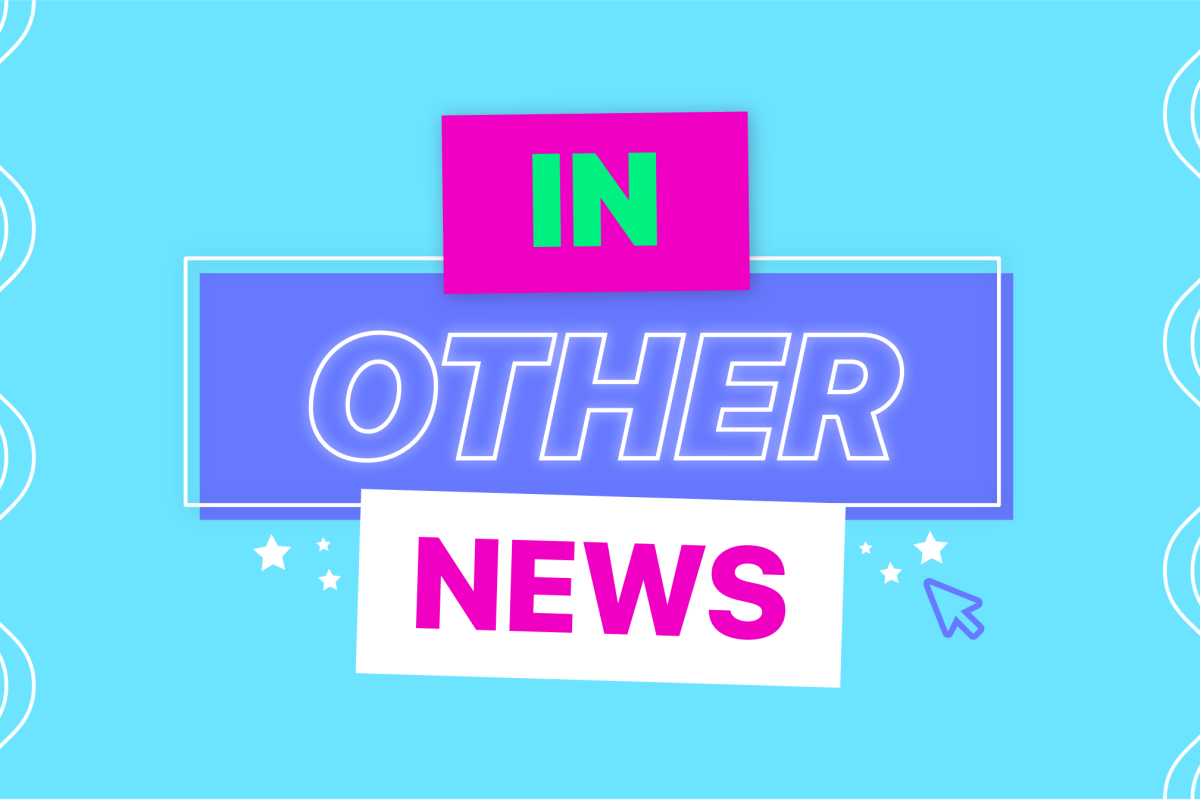In our latest In Other News blog, we’re taking a look at what’s come to play on social media in the first few months of 2022. From product updates to trend reports, let’s see what’s new!
Stay Ahead Of TikTok Trends
If you’re interested in bringing TikTok into your social media marketing, now is a great time to start.
TikTok has recently launched a number of detailed reports, split by region, that study what’s popular and what’s predicted to rise in industries like:
- Apparel and accessories
- Beauty and personal care
- News and entertainment
- Travel
- Auto and Transportation
Providing insights about growth and trending topics, case studies and tips for brands, these reports are a must read!
Instagram Adds Moderators to Instagram Live
Surprised this one took so long? Although Instagram Live has been around since 2016, it’s only now that the company is giving streamers the choice to add moderators to their streams.
Thanks to the new feature, streamers will be able to add moderators who can report comments, remove viewers and stop viewers from commenting. The addition of this feature should – fingers crossed! – make Instagram Live a safer space, with less opportunity for viewers to be abusive towards streamers.
Facebook Reels Go Global
When your attention span was already caught between video content all over the internet, here comes Facebook Reels.
With over half of the time spent on Facebook and Instagram being spent on watching video content, it’s no surprise that Facebook has expanded their reels. Video is Facebook’s fastest-growing content form, so expect to see much more of it!
Facebook is encouraging creators to get involved with monetisation schemes like Reels Play bonus, which is currently an invite-only, US-exclusive initiative that will pay creators bonuses based on the performance of their reels.
And for advertisers? Well, Facebook plans to test full-screen and immersive ads between reels, so keep your eye on what’s in store.
Thinking of how you could use these updates in your digital marketing? Get in touch with me at [email protected] to chat about ad ideas, ad copy and content strategy!
